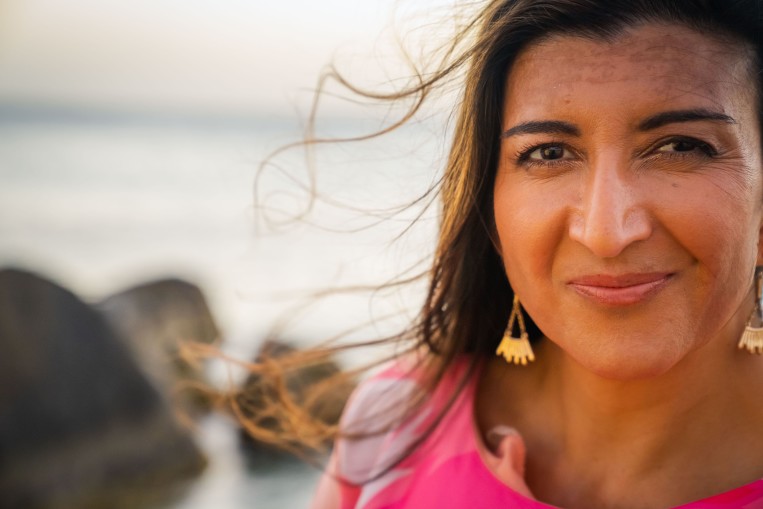About the Episode
What is cultural appropriation, and how does it relate to yoga? Is yoga political? Should you say Namaste at the end of a yoga class?
In today’s episode, Rachel is joined by yoga diversity advocate Susanna Barkataki to deepen our knowledge and understanding of how to properly honor yoga’s roots.
There is a misconception in the Western world as to what yoga is. Yoga is not only a physical practice that happens on our mats but an ancient system of ethics and philosophy - a system that has become altered and diluted as it spread to the west over time.
Colonization and commercialization have had a big impact in shaping what we perceive yoga to be, which unfortunately now has strayed a long ways away from what the practice truly is about. While India may no longer be under British rule, historic oppression and the white washing of yoga has lasting effects and is still causing harm today. It is our responsibility to recognize the harm that takes place, to notice where we are complicit with it, and to do the work to ensure we are honoring the roots of this practice.
Susanna helps us weave through this complex topic by defining cultural appropriation and offering real-world examples and stories. This may be a challenging conversation to begin having with ourselves and our teachers, but fortunately the practice of yoga is one that teaches us to sit with discomfort and offers the potential for a deep awakening.
How can you be more inclusive to all? Where are you in a position of power? In what areas can you deepen your understanding of yoga? Tune in to dive deep and find the answers you have been waiting for.
Key Takeaways
- Ahimsa, non-harm, is one of the most important principles of yoga philosophy. To honor this practice, we must recognize where we are causing harm and also where we are complicit as bystanders.
- Cultural appropriation happens when a dominant group of power takes and uses something from a less dominant group and through this causes harm. It is a common occurrence anytime white folks adopt practices from other cultures as their own.
- There is no rulebook when it comes to cultural appropriation. What is okay and not okay changes often depending on context. You must cultivate awareness of your actions and how they affects others.
- There is an important distinction between intention and impact. This conversation is less about what is right or wrong and more about how your actions impact (and can potentially harm) others.
- This conversation requires a new perspective from many of us, but it has the potential for a deep awakening. Our practice is not being threatened, we are only being asked to dive deeper.
More About Susanna Barkataki
An Indian yoga practitioner in the Shankaracharya tradition, Susanna Barkataki supports practitioners to lead with equity, diversity and yogic values while growing thriving practices and businesses with confidence.
Susanna is the founder of Ignite Yoga and Wellness Institute and runs 200/500 Yoga Teacher Training programs. She is an E-RYT 500, Certified Yoga Therapist with International Association of Yoga Therapists (C-IAYT).
With an Honors degree in Philosophy from UC Berkeley and a Masters in Education from Cambridge College, Susanna is a diversity, accessibility, inclusivity and equity yoga educator and advocate.
You can find Susanna's book, Embrace Yoga’s Roots: Courageous Ways to Deepen Your Yoga Practice here.




